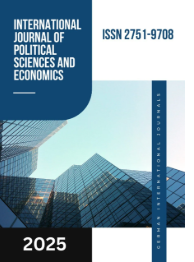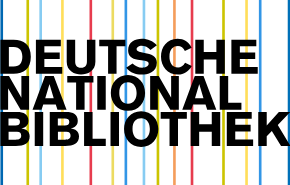THE POLITICS OF WATER DIPLOMACY IN CENTRAL ASIA: UZBEKISTAN’S ROLE IN TRANSBOUNDARY RIVER COOPERATION
DOI:
https://doi.org/10.55640/Abstract
This article examines the dynamics of water diplomacy in Central Asia, focusing on the transboundary rivers Amu Darya and Syr Darya, and evaluates Uzbekistan’s evolving approach since 2016. The purpose of the study is to assess how Uzbekistan’s foreign policy shift, under the leadership of President Shavkat Mirziyoyev, has contributed to strengthening regional cooperation over shared water resources.
References
Allouche, J. (2005). Water nationalism: An explanation of the past and present conflicts in Central Asia, the Middle East and the Indian Subcontinent. University of Geneva.
International Crisis Group. (2017). Central Asia’s Silk Road Rivalries. Retrieved from https://www.crisisgroup.org
Libert, B., & Lipponen, A. (2012). Challenges and opportunities for transboundary water cooperation in Central Asia: Findings from UNECE's assessment. Water International, 37(6), 644-655.
Mirziyoyev, Sh. (2020). Speech at the UN General Assembly. Retrieved from https://president.uz
Pohl, B. (2014). Hydro-diplomacy in Central Asia: Past progress and future prospects. OSCE Academy.
World Bank. (2021). Uzbekistan Water Security Outlook Report. Retrieved from https://www.worldbank.org
Weinthal, E. (2002). State Making and Environmental Cooperation: Linking Domestic and International Politics in Central Asia. MIT Press.
Downloads
Published
Issue
Section
License

This work is licensed under a Creative Commons Attribution 4.0 International License.
Authors retain the copyright of their manuscripts, and all Open Access articles are disseminated under the terms of the Creative Commons Attribution License 4.0 (CC-BY), which licenses unrestricted use, distribution, and reproduction in any medium, provided that the original work is appropriately cited. The use of general descriptive names, trade names, trademarks, and so forth in this publication, even if not specifically identified, does not imply that these names are not protected by the relevant laws and regulations.







